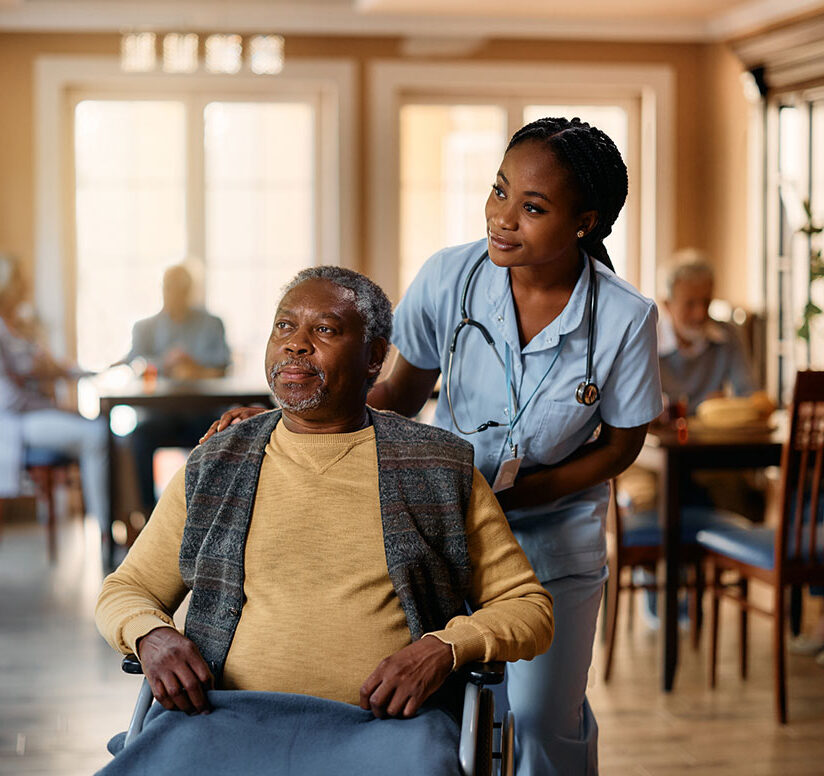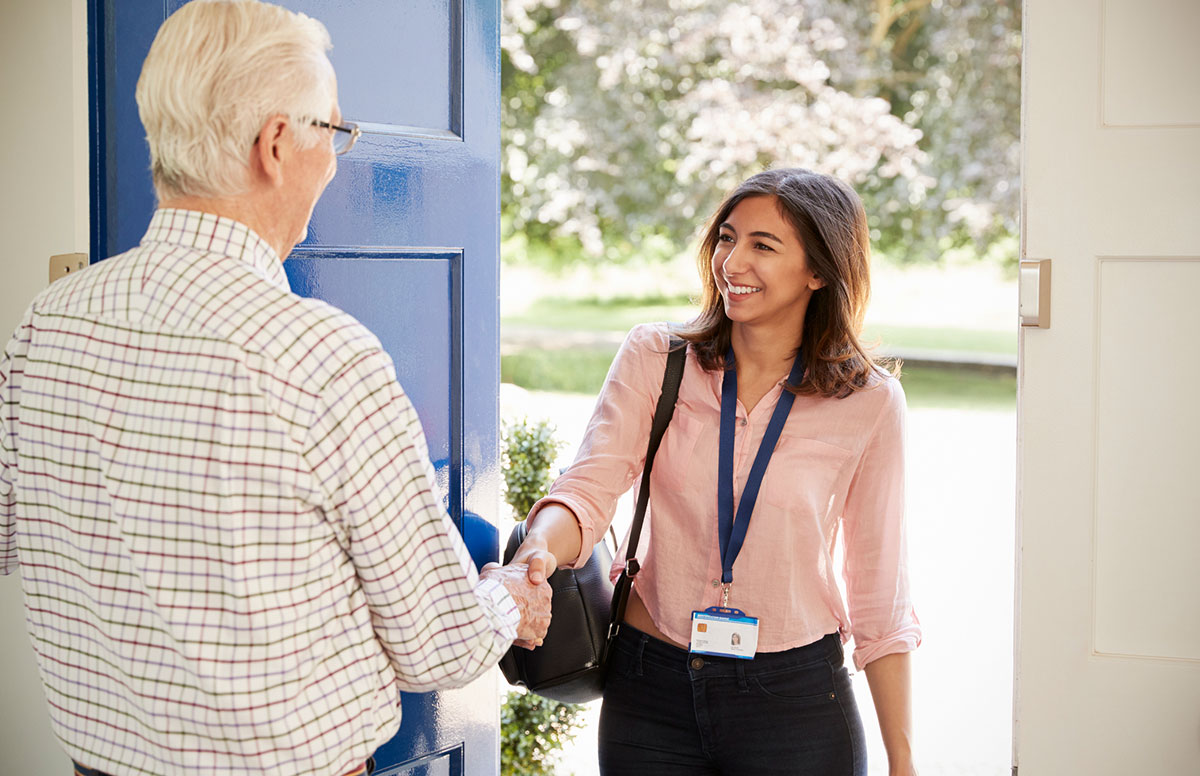Addressing Vaccine Reluctance: Interview with Dr. Robin Jump
Dr. Robin Jump, Associate Professor of Medicine, Case Western Reserve University and Infectious Disease Physician at Louis Stokes Cleveland VA Medical Center, joined the LeadingAge Update Call on January 6, 2021. She answered questions from Ruth Katz and from callers.
(Listen to the interview here.)
Q: What fears and concerns are you hearing from staff about receiving the COVID-19 vaccine?
A: I am hearing about female fertility concerns for several reasons. One is that pregnant women were not included in the vaccine trials, which is normal practice. Another is a blog post that circulated misinformation about the vaccine causing infertility, which the data is not showing. However, we are seeing that contracting COVID-19 is dangerous for women and their babies. I believe the vaccine is generally safe for pregnant and lactating women and may even convey some measure of immunity to their babies.
Q: What other fears and concerns are you hearing?
A: Some people are concerned that the vaccine can cause mutations to DNA. There is misunderstanding about DNA and RNA. One way to think about it is that DNA is the blueprint for the structure; RNA is the construction crew that always follows the blueprint, but can’t change it; and proteins are the actual product.
I also hear concerns that the Messenger RNA technology is too new and the vaccine was developed quickly. Actually the MRNA technology has been in development for about a decade, so the vaccine could be developed quickly because it was built on existing technology. Testing and trials proceeded quickly because many governments invested significant funding so that the companies could gear up to plan and recruit for Phase 3 testing while Phases 1 and 2 were still underway. Because COVID-19 is a new disease it was easier to find volunteers who had not had the disease than it is for diseases that have been around longer.
Q: What might aging services providers do to address people’s concerns?
A: It is important to create no judgment zone so people can ask questions and receive honest answers. We need to admit that there are some things we don’t yet know, for example how long immunity lasts after getting the vaccine. It is also helpful for staff members who do receive the vaccine to talk about their experiences and to encourage people who are reluctant to talk with their peers. It may also be helpful to ask people to talk with their own physician about their concerns.
Q: How should we be thinking about the new strains of the virus that are emerging?
A: The B117 variant appears to spread more readily, but does not appear to be more deadly. There are two theories about why this variant is more transmissible: a) it is better at reproducing so there are more particles to spread; and b) the mutation allows the virus to be more “sticky” and it is better at getting into our cells. However, as far as we know the vaccine works against this variant. Emerging variants mean we still have to be vigilant with all precautions.
Q: How do they know about these new variants – where they are and how they are popping up?
A: Variants are detected by genetic sequencing, which is done in the U.S. and even more in some countries. We don’t know if this was a spontaneous mutation and already here, or if it was transmitted in some other way. Virus mutation is not unusual.
Q: How will the vaccine address the newest strain?
A: We don’t know that yet, although it does seem that the Pfizer and Moderna vaccines can neutralize the B117 variant. There is no reason not to get the vaccine – it can’t hurt and will likely help. We can create additional vaccines over time if they are needed.
Q: Will we need to take a COVID-19 vaccine each year as we do with the flu vaccine?
A: We don’t know that yet. However, influenza changes every year – there is genetic reassortment in both animals and people. We don’t see that with coronaviruses which seem to come from animals and are introduced into people. But, there is much we are learning and will continue to learn.
Q: Can people spread the virus even if they have had two doses of the vaccine?
A: We know that the Pfizer and Moderna vaccines are 95% effective which means that 95% of those vaccinated won’t get sick. Those few who did get sick did not get as ill and appeared to shed less virus. People who have been vaccinated should still take precautions.
Q: Should people with allergies take the vaccine?
A: Serious allergic reactions happen to very few people. People who regularly carry Epi-pens might want to speak with their own physicians. People who are allergic to the specific ingredients in the vaccine should not take it – for example, polyethylene glycol (which many of you know as the active ingredient in Miralax).

Most Recommended
July 03, 2025
 Budget Reconciliation 2025
Budget Reconciliation 2025
June 27, 2025
Pathways for Foreign-Born Workers
Recently Added
July 03, 2025
 Update and Insights: SNF Off-Cycle Revalidations
Update and Insights: SNF Off-Cycle Revalidations
July 02, 2025



